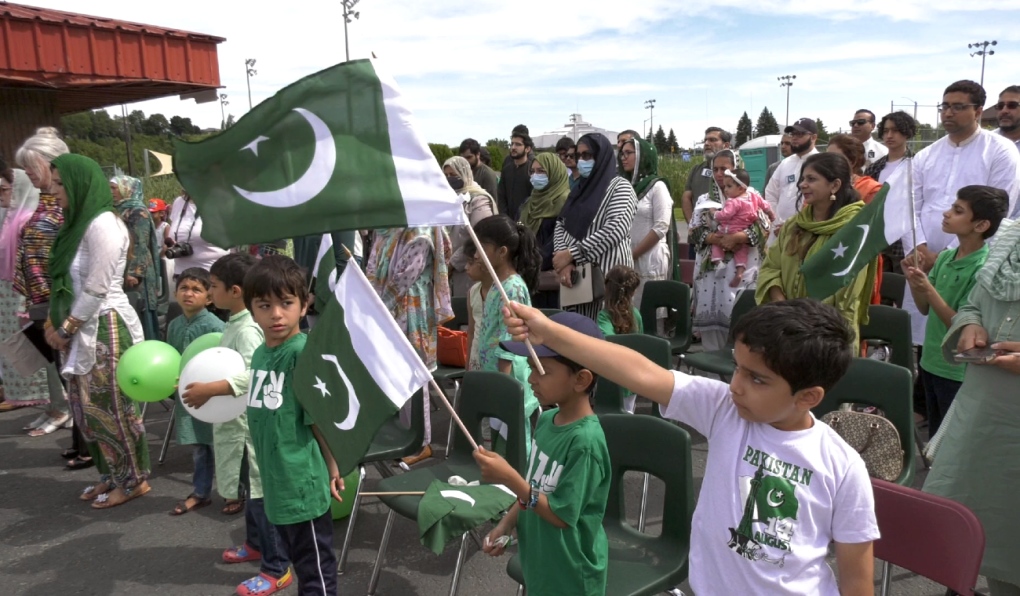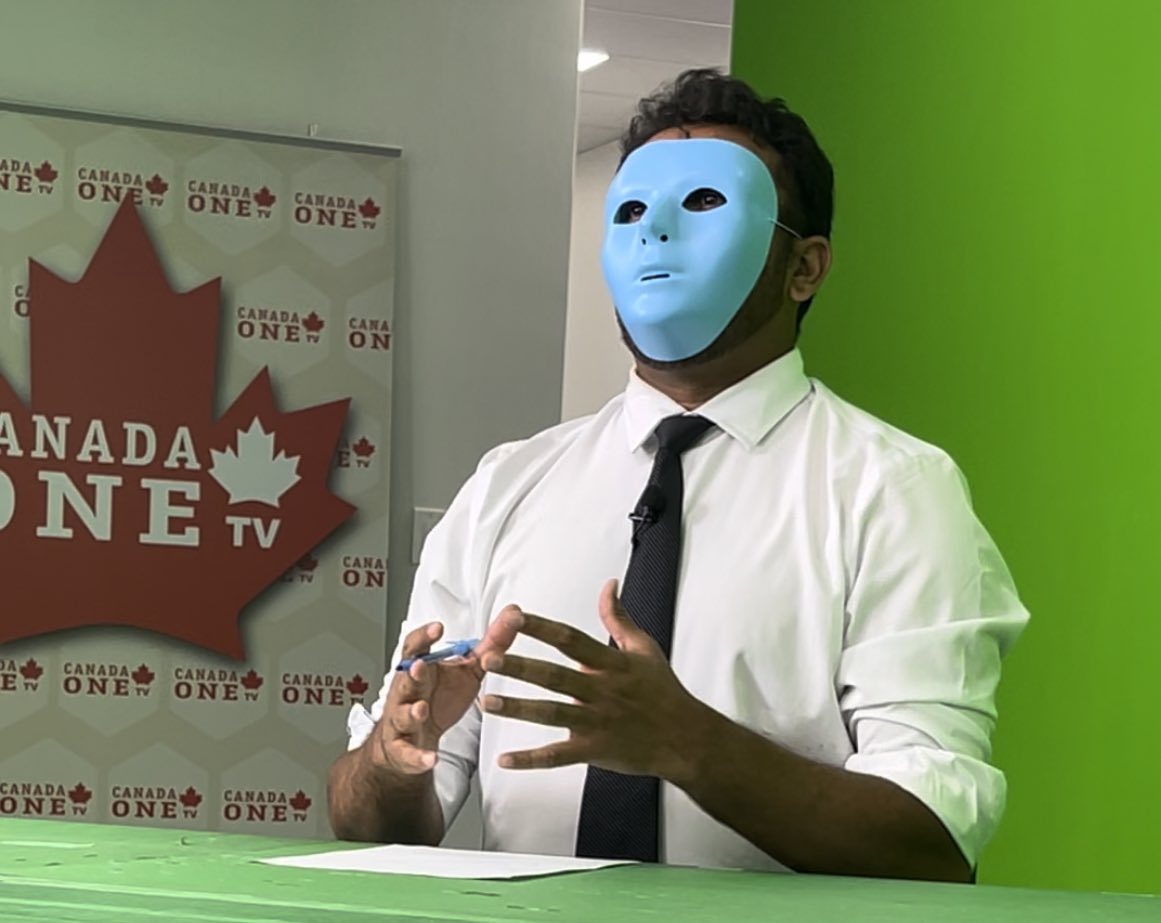
Please use the sharing tools found via the share button at the top or side of articles. Copying articles to share with others is a breach of FT.comT&Cs and Copyright Policy. Email licensing@ft.com to buy additional rights. Subscribers may share up to 10 or 20 articles per month using the gift article service. More information can be found here.
https://www.ft.com/content/481b1d9c-dd54-4748-8d3d-ecb2addbf081
Imran Khan has said Pakistan will struggle to break out of a cycle of debilitating debt repayments without reform, as the country’s opposition leader and former prime minister warns the debt burden on low- and middle-income economies is becoming unmanageable. “Whatever we do, when we look ahead, the debt is growing, our economy is slowly shrinking,” Khan, whose Pakistan Tehreek-e-Insaf (PTI) party is favoured to win national elections this year, told the Financial Times. “From my party’s point of view, we’ve started thinking that we’re stuck.”
Pakistan is in the middle of one of its worst economic crises. Analysts have said the country, which is struggling to revive a roughly $7bn IMF lending programme, is at risk of defaulting, while its foreign reserves have fallen to $4.2bn, less than enough for one month’s worth of imports. Khan said the government needed to break out of borrowing cycles that have held back developing economies but ruled out a default if his party returned to power, saying it would prioritise domestic reforms over seeking debt relief. “Is the answer getting more loans, or is the answer to restructure the way we run the country?” he said. “We have to conduct surgery in Pakistan in the way we run our government,” Khan said his team was developing a strategy if he returned to power in Pakistan to juggle loan repayments and domestic spending. “We’re sitting with our economists [on] how to come up with a plan with which we can sit with the IMF and give them a viable way of being able to pay our debts,” Khan said. “But at the same time, our economy should not be choked so that our ability to pay debt goes down.”
Khan, however, faces a barrage of legal challenges that could prevent him from running for office if convicted, including allegations that he unlawfully sold gifts he received while serving as prime minister. Pakistan is an extreme example of the debt burden saddling low- and middle-income countries. Campaign group Debt Justice warned this week that poor countries were facing their highest bills for debt servicing in 25 years. Pakistan’s scheduled repayments on foreign public debts are equivalent to 47 per cent of government revenues in 2023, the group said. “It’s not just Pakistan,” Khan said. “Once you start borrowing in dollars and you have to service your debt in dollars if your dollar income doesn’t improve or increase, how are you going to then pay your debts? “Unless we increase our dollar earnings to exports, I don’t see how we would be able to service any debts in Pakistan, whether it’s Chinese or Paris Club or commercial debts.” Khan, who served as prime minister from 2018 until he was ousted in a no-confidence vote last year, said his plans included restructuring loss-making state-owned enterprises and boosting the tax base. Many of Pakistan’s economic pressures started during his time in office but have worsened dramatically in recent months. Inflation rose to a historic high of 35 per cent in March, and the dwindling foreign reserves have created shortages of essential goods including medicine. Recommended The Big Read Rebuilding Pakistan: how much should rich nations help? Though Khan took some steps towards reforms while in power, many said his economic agenda failed due to mismanagement, erratic decision-making and pandemic disruption.
The former cricketer, who once said he would rather die than “beg” a superpower for money, agreed on a deal with the IMF in 2019, only for the programme to stall after his government backtracked on cutting energy subsidies. Khan is engaged in a bitter stand-off with arch-rival Prime Minister Shehbaz Sharif, whose government has been unable to agree on a reform plan with the IMF. While the fund argues that measures such as removing subsidies are necessary to stabilise the economy, Sharif’s government fears they would hurt the poor and bolster support for the populist Khan ahead of elections. Even if Khan prevails, many analysts are sceptical he will have the political strength to overhaul Pakistan’s flagging economy. “We have an economic structure which is globally uncompetitive,” said Abid Hasan, a former World Bank economist. “Some of it will have to be dismantled . . . You will require a huge consensus. The PTI alone will not be able to do it.”
Reference: https://www.ft.com/content/481b1d9c-dd54-4748-8d3d-ecb2addbf081



